《人类减贫的中国实践》白皮书(双语全文)
新华网 2021-04-06 14:28

五、携手共建没有贫困共同发展的人类命运共同体
V. A Global Community of Shared Future Free from Poverty
世界好,中国才能好;中国好,世界才更好。中国始终把自身命运与世界各国人民命运紧密相连,在致力于消除自身贫困的同时,积极参与国际减贫合作,做国际减贫事业的倡导者、推动者和贡献者,与各国携手共建没有贫困、共同发展的人类命运共同体。
China will prosper only when the world prospers, and vice versa. The country has always closely linked its future with that of the rest of the world. While committed to eradicating its own poverty, China has actively participated in international cooperation on poverty alleviation, acted as an advocate, facilitator of and contributor to the international cause of poverty alleviation, and worked with other countries to build a global community of shared future that is free from poverty and pursues common prosperity.
(一)中国的减贫和发展加快全球减贫进程
1. China as a Facilitator of the Global Cause of Poverty Alleviation
100年来,在中国共产党领导下,中国人民从翻身解放到解决温饱、从基本小康到全面小康,中国以自己的发展为人类反贫困作出重大贡献。改革开放以来,按照现行贫困标准计算,中国7.7亿农村贫困人口摆脱贫困;按照世界银行国际贫困标准,中国减贫人口占同期全球减贫人口70%以上。在全球贫困状况依然严峻、一些国家贫富分化加剧的背景下,中国打赢脱贫攻坚战,提前10年实现《联合国2030年可持续发展议程》减贫目标,显著缩小了世界贫困人口的版图,“为实现2030年可持续发展议程所描绘的更加美好和繁荣的世界作出了重要贡献”。作为世界上最大的发展中国家,中国实现了快速发展与大规模减贫同步、经济转型与消除绝对贫困同步,如期全面完成脱贫攻坚目标任务,大大加快了全球减贫进程,谱写了人类反贫困历史新篇章。
Over the past 100 years, China has contributed to global poverty alleviation under the leadership of the CPC through its own development – from winning the people's liberation to meeting their basic needs, from ensuring them a moderately prosperous life to building a moderately prosperous society in all respects. Since reform and opening up, more than 770 million of China's rural population living below the current poverty line have been raised from poverty, accounting for more than 70 percent of the global total over the same period according to the World Bank's international poverty standard. Against the backdrop of severe global poverty and a widening gap between the rich and the poor in some countries, China has won the battle against extreme poverty and achieved the poverty alleviation goal set on the UN 2030 Agenda for Sustainable Development 10 years ahead of schedule. This has significantly reduced the world's poor population and made a significant contribution towards realizing a better and more prosperous world, as envisioned by the Agenda[ UN Secretary-General Antonio Guterres extended congratulations to Chinese President Xi Jinping in February 2021 on the occasion of the announcement of China's success in the fight against extreme poverty. Noting this moment is a notable achievement and a significant contribution towards realizing a better and more prosperous world, as envisioned by the 2030 Agenda for Sustainable Development, the secretary-general said, "This extraordinary result is a reason for hope and inspiration to the entire community of nations."]. As the largest developing country, China has achieved rapid development in step with large-scale poverty alleviation, and economic transformation in step with the elimination of extreme poverty. It has completed all poverty eradication targets and tasks on schedule, which, as a new chapter in the history of the fight against poverty, has greatly accelerated global poverty alleviation.
(二)国际社会对中国减贫提供支持和援助
2. International Support and Assistance
新中国成立后,努力打破外部封锁,积极开展对外交流合作,争取国际社会支持。改革开放以来,中国与联合国发展系统和世界银行在扶贫领域开展广泛合作,同时接受部分发达国家提供的援助、实施减贫合作项目,不仅在资金投入、知识转移、技术援助等方面获得支持,而且学习借鉴国际社会先进的扶贫理念与方式方法,推动了中国减贫事业发展。中国先后与联合国开发计划署、世界银行等国际机构和组织合作,在部分贫困县实施外资扶贫项目,引进各种优惠贷款和无偿援助。国际减贫交流合作项目缓解了项目区贫困人口的贫困程度,推动了中国减贫的制度创新和管理水平提升,为项目区的可持续发展奠定了基础。对国际社会给予的宝贵支持和帮助,中国人民永远铭记在心。中华民族是懂得感恩、投桃报李的民族,中国始终在力所能及的范围内为其他国家减贫和发展提供支持。
In the early years after the founding of the PRC, China made great efforts to break an external blockade and carry out international exchanges and cooperation in order to win the support of the international community. Since reform and opening up, China has conducted extensive cooperation with the UN development system and the World Bank in the field of poverty alleviation, while accepting assistance from some developed countries and carrying out cooperation projects. It has received support in financial input, knowledge transfer, and technical assistance, and learned from the advanced concepts and methods of the international community in poverty alleviation. All this has provided support to its poverty alleviation effort. In cooperation with the United Nations Development Program, the World Bank and other international organizations, China has implemented foreign-funded poverty alleviation projects in some poverty-stricken counties, bringing in various forms of concessional loan and grant aid. These international poverty-alleviation exchange and cooperation projects have alleviated poverty, improved China's institutional innovation and management, and laid a foundation for sustainable development in the project areas. The Chinese people will always remember the valuable support and assistance received from the international community. The Chinese nation never forgets the help and generosity it receives, and always reciprocates with the same goodwill; China has always supported other countries in poverty alleviation and development to the full extent of its ability.
(三)中国积极开展国际减贫交流合作
3. International Exchanges and Cooperation
中国积极参与全球贫困治理,不断深化减贫领域交流合作,推动建立以相互尊重、合作共赢为核心的新型国际减贫交流合作关系,携手增进各国人民福祉。
To improve the wellbeing of all peoples, China has taken an active part in global poverty management, furthered exchanges and cooperation with other countries, and promoted a new model of international exchanges and cooperation on poverty alleviation, with mutual respect and mutually-beneficial cooperation at its core.
支持广大发展中国家减贫发展。新中国成立伊始,在国家百废待兴、财力紧张的情况下,即向有关国家提供援助,为发展中国家争取民族独立和解放、促进经济社会发展提供了支持。改革开放后,中国对外援助内容更加丰富、形式更加多样,促进了中国与其他发展中国家的共同发展。进入新时代,中国担负大国责任,推动对外援助向国际发展合作转型升级,为破解全球发展难题、落实联合国2030年可持续发展议程提出中国方案、贡献中国智慧、注入中国力量。习近平主席在多个国际重大场合宣布中国开展国际发展合作的一系列务实举措,已按期落实或正在按照进度有序推进(专栏16)。中国发起共建“一带一路”倡议,推动更大范围、更高水平、更深层次的区域经济社会发展合作,支持帮助相关国家更好实现减贫发展。据世界银行研究报告,共建“一带一路”将使相关国家760万人摆脱极端贫困、3200万人摆脱中度贫困。新中国成立70多年来,中国向亚洲、非洲、拉丁美洲和加勒比地区、大洋洲和欧洲等地区160多个国家和国际组织提供多种形式的援助,减免有关国家债务,为广大发展中国家落实千年发展目标提供帮助。
China has supported other developing countries in poverty alleviation. Immediately after the founding of the PRC, China began to provide assistance to other developing countries in support of their struggle for national independence and liberation and for economic and social development, despite the fact that China had to address its own difficulties with limited financial resources. Since reform and opening up, China's foreign aid approach has diversified, which has promoted the common development of China and other developing countries. Entering the new era, China has fulfilled its responsibilities as a major country and upgraded its foreign aid into international development cooperation, contributing its vision and approaches to the resolution of global development challenges and the implementation of the UN 2030 Agenda for Sustainable Development. President Xi Jinping has announced on many major international occasions that China's practical measures for international development cooperation have been implemented on schedule or are progressing in an orderly manner (Box 16). China has launched the Belt and Road Initiative (BRI) to expand deep and high-level regional cooperation on economic and social development, and to help eligible countries better achieve poverty alleviation. According to a World Bank study, the initiative will help 7.6 million people out of extreme poverty and 32 million out of moderate poverty in these countries. Over the past 70 years and more, China has provided assistance in various forms to over 160 countries in Asia, Africa, Latin America and the Caribbean, Oceania, and Europe, and international organizations, reduced or exempted the debts of eligible countries, and helped developing countries in their efforts to achieve the Millennium Development Goals.
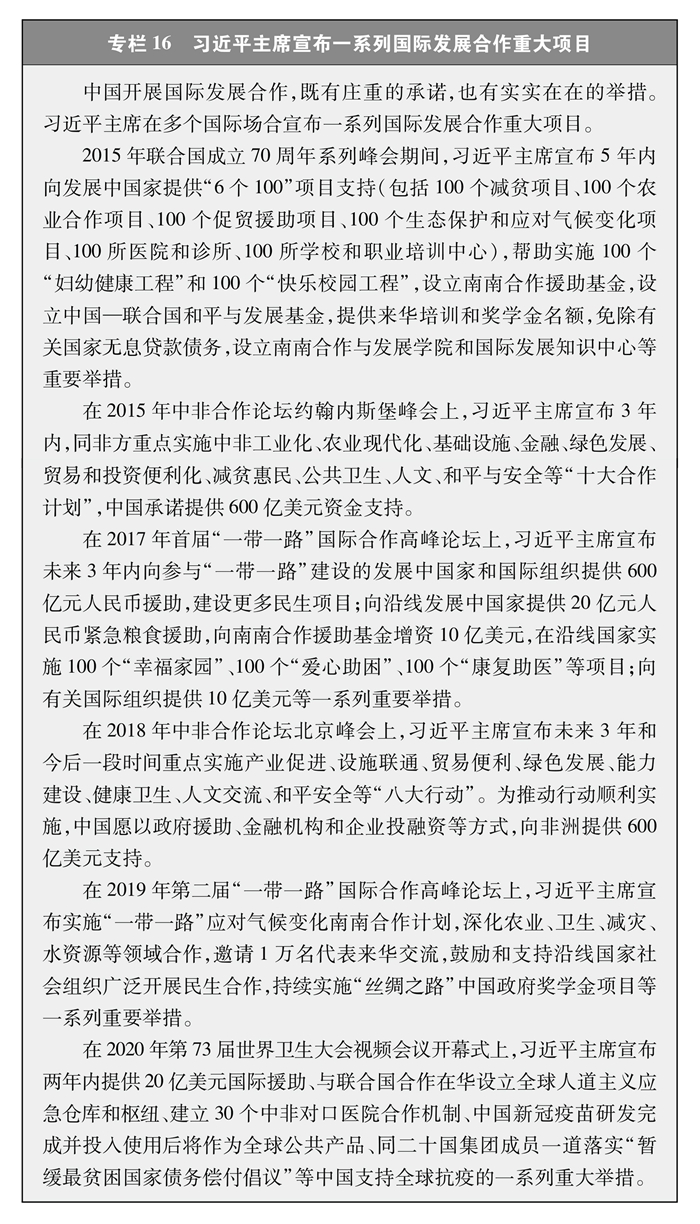
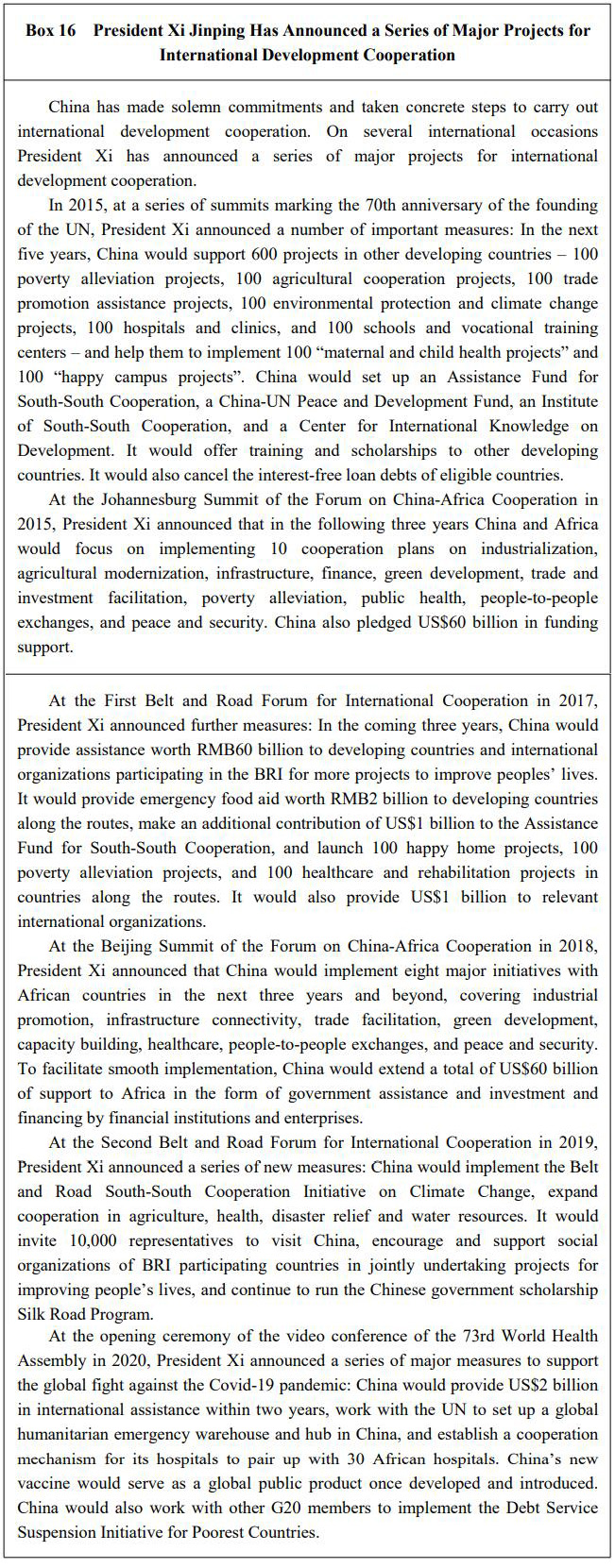
实施惠及民生的国际减贫合作项目。在亚洲地区,中国与东盟国家共同开展乡村减贫推进计划,在老挝、柬埔寨、缅甸三国乡村基层社区实施“东亚减贫示范合作技术援助项目”(专栏17)。在非洲地区,中国为非洲国家援建水利基础设施、职业技术学校、社会保障住房等设施,打造农业合作示范区,推进实施中非菌草技术合作、中非友好医院建设、非洲疾控中心总部建设等项目(专栏18)。在南太平洋地区,中国推动落实对太平洋岛国无偿援助、优惠贷款等举措,开展基础设施建设和农业、医疗等技术合作援助项目。在拉美地区,援建农业技术示范中心,帮助受援国当地民众摆脱贫困。中国还与联合国教科文组织合作设立国际农村教育研究与培训中心等机构,面向非洲、东南亚等国家实施农村教育转型、教师培训等项目。
China has launched international poverty alleviation cooperation projects for the benefit of all. In Asia, China and ASEAN countries have jointly launched a rural poverty alleviation plan, and carried out the East Asia Poverty Reduction Demonstration Cooperation Technical Assistance Projects program in rural communities of Laos, Cambodia and Myanmar (Box 17). In Africa, China has helped African countries build water conservancy infrastructure, vocational and technical schools, government-subsidized housing, and other facilities, set up demonstration zones for agricultural cooperation, and carried out China-Africa cooperation projects involving a Chinese-invented technology using grass to grow mushrooms, China-Africa friendship hospitals, and the headquarters of the African Center for Disease Control and Prevention (Box 18). In the South Pacific region, China has promoted measures such as grant aid and concessional loans to Pacific island countries, and carried out technical cooperation assistance projects in infrastructure construction, agriculture, and medical care. In Latin America, China has built agricultural technology demonstration centers to help local people in recipient countries shake off poverty. China has also set up the International Research and Training Centre for Rural Education and other institutions in cooperation with UNESCO, and carried out projects on rural education transformation and teacher training for countries in Africa, Southeast Asia and other regions.
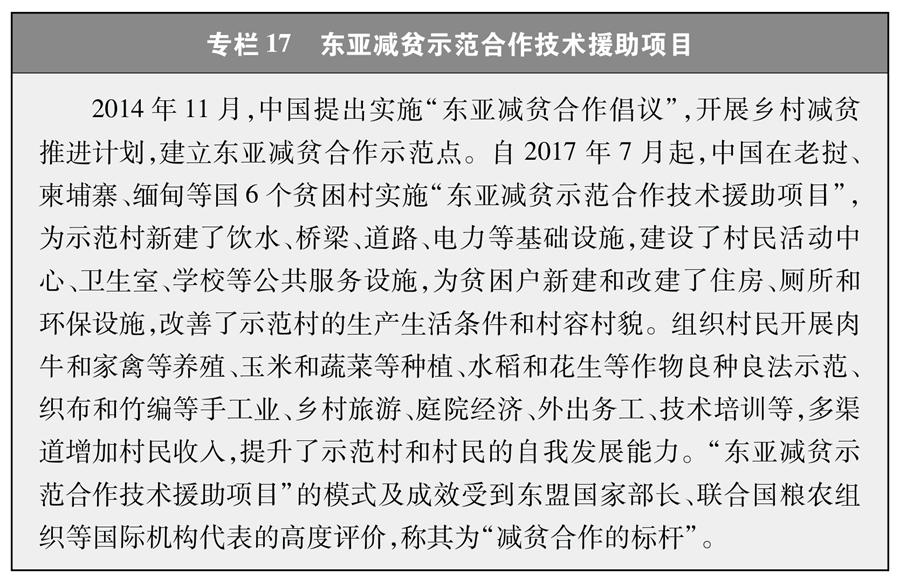
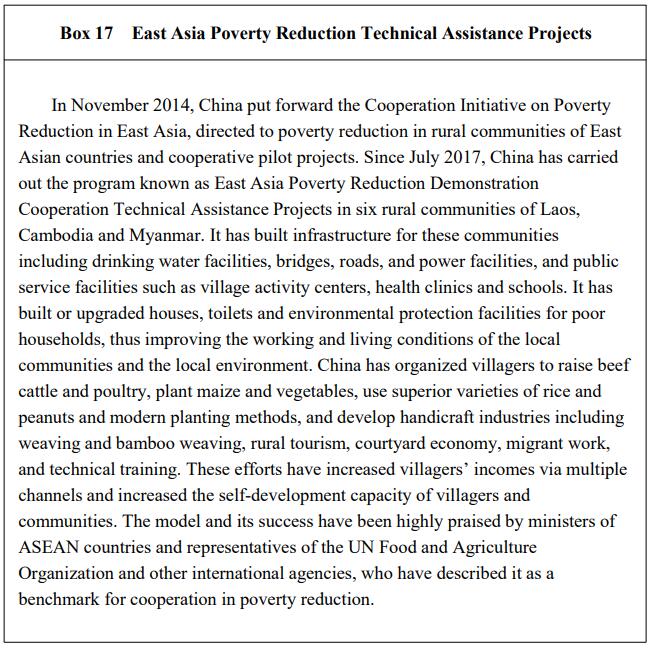
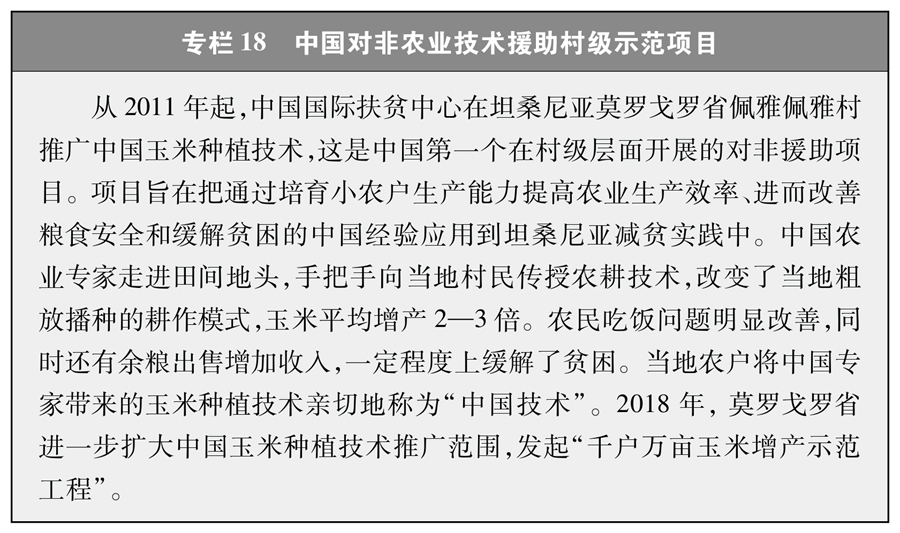
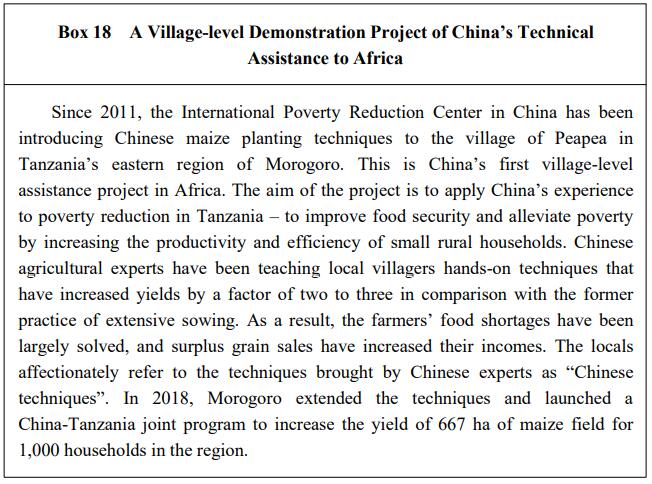
分享交流减贫经验。通过搭建平台、组织培训、智库交流等多种形式,开展减贫交流,分享减贫经验。在国际消除贫困日,中国与联合国驻华机构联合举办减贫与发展高层论坛活动。中国发起中国-东盟社会发展与减贫论坛、人类减贫经验国际论坛,举办中非减贫与发展会议、“摆脱贫困与政党的责任”国际理论研讨会、改革开放与中国扶贫国际论坛等一系列研讨交流活动。与东盟秘书处和东盟有关国家合作,面向基层村官(社区官员)实施“东盟+中日韩村官交流项目”。与有关国家和地区组织合作开展国际减贫培训,2012年以来,共举办130余期国际减贫培训班,来自116个国家(组织)的官员参加培训。
China has shared its experience on poverty reduction. It has carried out exchanges and cooperation in various forms, including building platforms, organizing training, and conducting think tank exchanges. Together with UN agencies in China, the Chinese government has convened sessions of the Global Poverty Reduction and Development Forum on the International Day for the Eradication of Poverty. China has initiated the China-ASEAN Forum on Social Development and Poverty Reduction, and the International Forum on Sharing Poverty Reduction Experience, and has hosted a series of discussion and exchange activities including the China-Africa Poverty Reduction and Development Conference, the International Seminar on Poverty Eradication and Responsibility of Political Parties, and the International Forum on Reform and Opening Up and Poverty Reduction in China. In cooperation with the ASEAN Secretariat and relevant ASEAN countries, China has launched the ASEAN Plus Three (China, Japan and the ROK) village official exchange program for grassroots village officials and community officials. China conducts international training on poverty reduction with relevant countries and regional organizations. Since 2012, it has held over 130 international training sessions, attended by officials from 116 countries and organizations.
当今世界正处于百年未有之大变局,新冠肺炎疫情仍在全球蔓延,贫穷、饥饿、疾病侵蚀着人们追求美好生活的希望和信心。建设什么样的世界、人类文明走向何方,攸关每个国家、每个人的前途和命运。每个人都有过上好日子的权利。各国应担负起对人民的责任,积极推进减贫发展,让公平正义的阳光冲破贫困落后的阴霾,照亮繁荣发展的美好未来。中国愿同各国加强减贫交流合作,携手推进国际减贫进程,为构建没有贫困、共同发展的人类命运共同体作出更大贡献。
The world today is experiencing a scale of change unseen in a century. The Covid-19 pandemic is still spreading around the world, and poverty, hunger and disease are undermining people's pursuit for a better life. The kind of world we should build and the future direction of human civilization, are issues that have a bearing on every country and every person. Everyone has the right to a decent life. All countries need to shoulder their responsibilities and work on poverty reduction, so that the sunshine of equity and justice can break through the haze of poverty and backwardness and illuminate a future of prosperity and development. China is ready to strengthen exchanges and cooperation with other countries on poverty reduction, support international poverty reduction, and make a greater contribution to building a global community of shared future that is free from poverty and blessed with common prosperity.
结束语
Conclusion
中国打赢脱贫攻坚战,如期实现脱贫攻坚目标任务,中国人民在创造美好生活、实现共同富裕的道路上迈出了坚实的一大步。同时,中国仍是世界上最大的发展中国家,仍面临人民日益增长的美好生活需要和不平衡不充分的发展之间的矛盾。解决发展不平衡不充分问题、缩小城乡区域发展差距、实现人的全面发展和全体人民共同富裕,仍然任重道远。
China has won the final battle against extreme poverty. By achieving the goals of the poverty elimination campaign as scheduled, the Chinese people have made solid strides towards a better life and common prosperity. Yet China remains the world's largest developing country, still confronted by the gap between unbalanced and inadequate development and the people's growing desire for a better life, and by the gaps between urban and rural areas and between regions. China still has much to do in order to realize people's all-round development and common prosperity for all.
脱贫摘帽不是终点,而是新生活、新奋斗的起点。中国共产党将始终坚守为人民谋幸福、为民族谋复兴的初心和使命,始终把人民放在最高位置,为实现人的全面发展和全体人民共同富裕驰而不息、接续奋斗,不断增进人民福祉,更好满足人民对美好生活的新期待,让全体人民过上好日子。
Removing the label of extreme poverty is not the end, but the beginning of a new life and a new journey. The CPC will always remain committed to its founding mission, striving for the people's wellbeing and the rejuvenation of the Chinese nation. It will always put the people before everything else, and continue to work for people's all-round development, and common prosperity and a better life for all.
民族要复兴,乡村必振兴。打赢脱贫攻坚战之后,中国将持续巩固拓展脱贫攻坚成果,做好同乡村振兴有效衔接,实现“三农”工作重心的历史性转移。中国将立足新发展阶段、贯彻新发展理念、构建新发展格局,把解决好“三农”问题作为重中之重,坚持农业农村优先发展,走中国特色社会主义乡村振兴道路,以更有力的举措、汇聚更强大的力量全面推进乡村振兴。
There will be no national rejuvenation without a thriving countryside. Following the victory in the final battle against extreme poverty, China will continue to consolidate the results of poverty elimination, dovetail new measures with rural revitalization, and shift its focus in work related to agriculture, rural areas and rural people. In the new era, China will act on its new development philosophy and build on its new development paradigm. It will prioritize affairs related to agriculture, rural areas and rural people, and follow a socialist path with Chinese characteristics in revitalizing the countryside by introducing more vigorous measures and pooling more resources.
到2035年,中国将基本实现社会主义现代化,乡村振兴取得决定性进展,农业农村现代化基本实现。那时的中国乡村,农业结构得到根本性改善,农民就业质量显著提高,相对贫困进一步缓解,共同富裕迈出坚实步伐;城乡基本公共服务均等化基本实现,城乡融合发展体制机制更加完善;乡风文明达到新高度,乡村治理体系更加完善;农村生态环境根本好转,美丽宜居乡村基本实现。
By 2035, China will have achieved basic socialist modernization. With decisive progress in rural revitalization by that time, agriculture and rural areas will be modernized and fundamentally restructured. Farmers will benefit from the quality employment which comes with better jobs, relative poverty will be further alleviated, and concrete progress will be made in achieving common prosperity for all. Rural areas will enjoy the same basic public services as urban areas, brought about by improved systems and mechanisms for urban-rural integration. Farmers will enjoy a better cultural environment in civil and neighborly communities, and benefit from improved rural governance. There will be a fundamental improvement in the eco-environment; the goal of building a beautiful, livable countryside will be basically realized.
到2050年,中国将全面建成社会主义现代化强国,实现第二个百年奋斗目标,乡村全面振兴。那时的中国乡村,农业强、农村美、农民富,经济社会全面进步,各项事业繁荣发展。那时的中国,全体人民共同富裕基本实现,中国人民享有更加幸福安康的生活,中国向着实现人的全面发展和全体人民共同富裕更高目标继续迈进。
By 2050, China will have become a great modern socialist country in every dimension, realizing the Second Centenary Goal and fully revitalizing the countryside. At that time, China will have a strong agriculture, a beautiful and revitalized countryside, and prosperous farmers, enjoying across-the-board progress in society and the economy, and thriving endeavors in every sector. At that time, the Chinese people will embrace a happier life in common prosperity, and the nation will continue to march towards higher goals of all-round development of the people and common prosperity for all.
中国的发展离不开世界,世界的发展也离不开中国。中国始终将自身发展与人类发展紧密相连,始终做世界和平的建设者、全球发展的贡献者、国际秩序的维护者。繁荣发展的未来中国,是更加开放包容的中国,是与世界形成更加良性互动的中国,是为建设更加美好的世界作出更大贡献的中国。
China cannot develop in isolation from the rest of the world; and the world needs China for further development. With this in mind, China has always been a builder of global peace, a contributor to global growth, and a guardian of the international order. In the future, a more prosperous China will also be more open and inclusive; it will interact more constructively with the international community, and make a greater contribution to building a better world.
附录 中国扶贫标准的变化和调整
Appendix: Adjustments of China's Poverty Standards
根据国民经济社会发展水平和贫困人口基本生活需求确定扶贫标准,是中国实施大规模、有计划、有组织扶贫以来一直的做法。
China has implemented large-scale planned and organized poverty alleviation programs. Standards for poverty alleviation were formulated according to its social and economic development and the basic living needs of its poor populations.
中国第一次制定扶贫标准是1986年,为206元,对应的贫困人口数量为1.25亿,主要解决温饱问题。2001年制定第一个十年农村扶贫开发纲要时,将扶贫标准提高到865元,对应的贫困人口数量为9422.8万。2011年制定第二个十年农村扶贫开发纲要时,将扶贫标准提高到2300元(2010年不变价),对应的贫困人口数量为1.22亿。
In 1986, China set its first poverty standard at RMB206, designed to provide adequate food and clothing for 125 million poor. In 2001, when formulating the Outline of Development-driven Poverty Alleviation in Rural Areas (2001-2010), the nation raised the standard to RMB865 for 94.23 million poor. In 2011, when formulating the Outline of Development-driven Poverty Alleviation in Rural Areas (2011-2020), China readjusted the standard to RMB2,300 (based on the 2010 price index) to help 122 million poor.
脱贫攻坚以来,中国的贫困人口识别和退出以户为单位,主要衡量标准是“一收入”“两不愁三保障”。“一收入”就是该户年人均纯收入稳定超过现行国家扶贫标准,“两不愁三保障”就是稳定实现不愁吃、不愁穿和义务教育、基本医疗、住房安全有保障。中国的贫困人口退出标准是综合性多维标准,不仅衡量收入水平,还考量贫困人口生存权发展权的实现程度,体现了中国经济社会发展实际和全面建成小康社会的基本要求。
In the final stage of fighting extreme poverty, impoverished people in China were registered and deregistered by household. The criteria are personal incomes, and the household's situation with reference to the Two Assurances and Three Guarantees. The former requires that the annual average per capita income for a household remains steady above China's current poverty line. The latter refers to guarantees of adequate food and clothing, and access to compulsory education, basic medical services, and safe housing for impoverished rural residents.China's standards for deregistering those who have emerged from poverty are comprehensive, including income, and the extent to which they are assured the rights to subsistence and development. These standards reflect the realities of China's social and economic development as well as the basic requirements for achieving moderate prosperity in all respects.









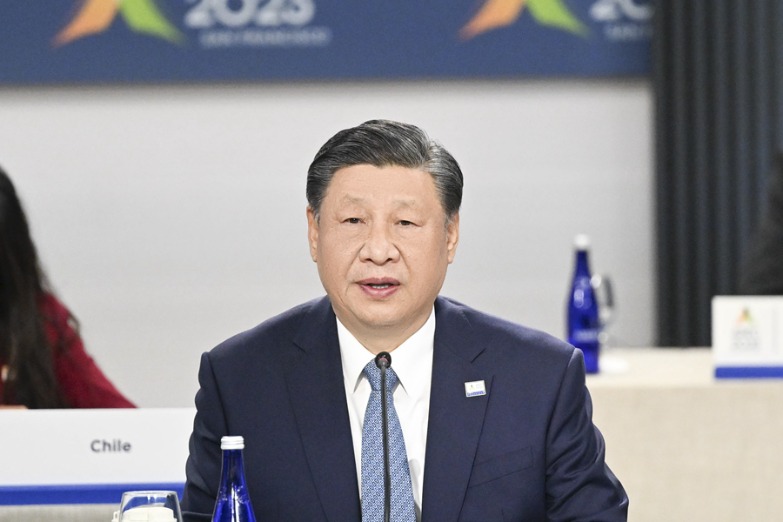
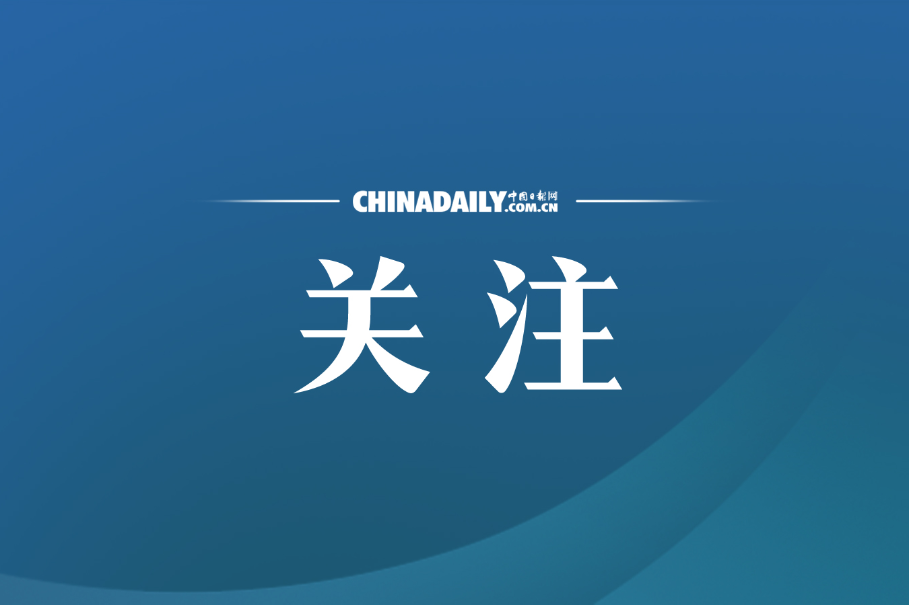
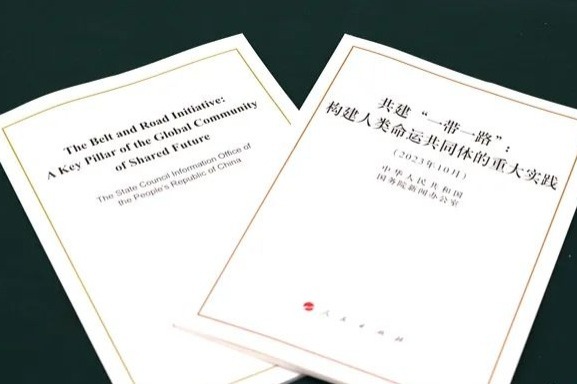
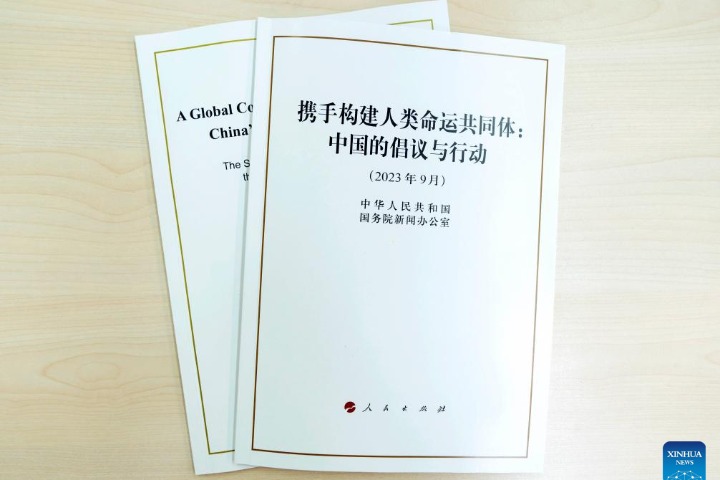
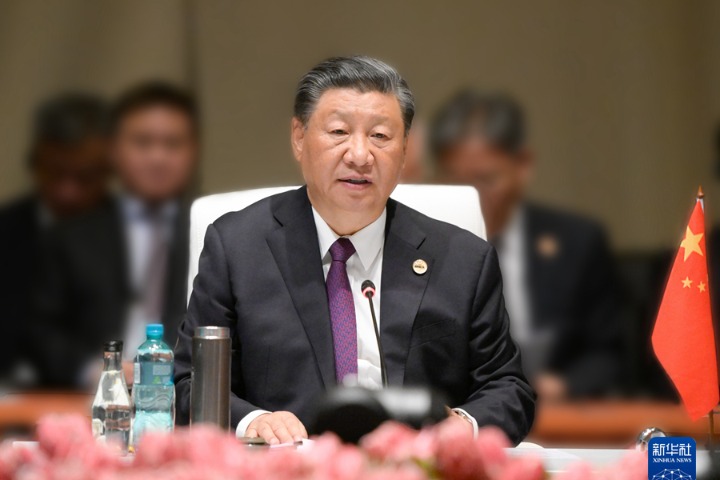



 英语点津微信
英语点津微信 双语小程序
双语小程序